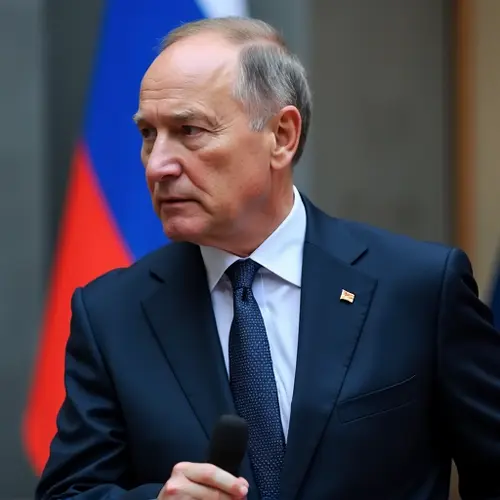
NATO's Cyber Warfare Expansion
NATO is dramatically upgrading its cyber defense capabilities to counter growing digital threats from hostile states. The alliance's Cooperative Cyber Defence Centre of Excellence (CCD COE) in Tallinn, Estonia is leading this strategic shift. Established in 2008, the center coordinates international efforts to protect critical infrastructure and military networks.
New Threats Demand New Strategies
Recent cyberattacks have exposed vulnerabilities in national security systems. Russia's aggressive hybrid warfare tactics, including disruptive cyber operations against Ukraine, have accelerated NATO's response. According to a 2025 Atlantic Council report, Russia remains "the most significant and direct threat" to alliance security. NATO Supreme Allied Commander General Christopher Cavoli warns: "Regardless of Ukraine's outcome, Russia will be larger, more lethal, and angrier with the West."
Three-Pronged Cyber Defense Plan
NATO's 2025 strategy focuses on:
- Enhanced resilience: Building robust infrastructure that can withstand sustained cyber assaults
- Active deterrence: Developing counter-cyber capabilities to punish attackers
- Rapid response: Creating joint cyber task forces that can deploy within hours
The alliance has committed an additional €35 billion in security assistance this year, with significant portions dedicated to cyber warfare innovation. New initiatives include AI-powered threat detection systems and quantum-resistant encryption protocols.
Training the Digital Soldiers
The CCD COE now hosts Locked Shields, the world's largest live-fire cyber defense exercise. In 2025, over 2,000 experts from 40 nations participated in simulated attacks on power grids, financial systems, and military networks. "We're preparing for scenarios where cyber warfare precedes physical conflict," explained a NATO training officer.
As cyber threats evolve, NATO's expansion into digital warfare marks a pivotal shift in collective defense. The alliance continues to recruit top tech talent while establishing new cyber commands in frontline states like Poland and the Baltics.

 Nederlands
Nederlands English
English Français
Français Deutsch
Deutsch Español
Español Português
Português







